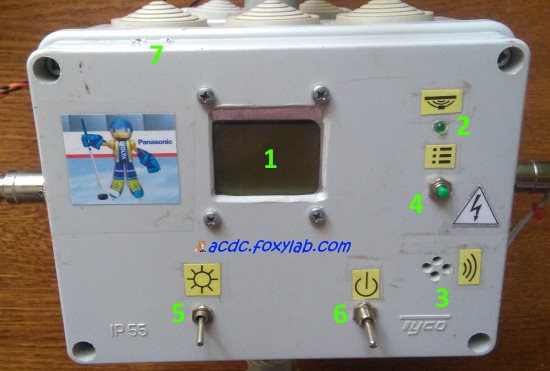

R2, R3 – 220Ω (5%), see LED Resistor Calculator.Use variable resistor to adjust detector sensitivity (you can find it somewhere between a continuous buzzer signal and complete silent).

The calibration process takes about second and ends with buzzer signal. Note that the typical PI detector designs avoid resonant circuit and the measured factor is slightly different! User Instructions The change in the width of resonance time is measured to signal the presence of a metal target.

Presented metal detector uses PI method to generate a voltage spike in a search coil connected in parallel with capacitor. Next, ATtiny13 uses an Analog Comparator to measure a decay time to zero of resonant circuit. When a metal object nears the loop it will decrease time it takes for the pulse to decay to zero. It’s my first design of PI metal detector and I’m really happy with the results! The prototype was able to detect little coins (6cm distance) and wires in the wall. The code is on Github, here. The device has been tested with very small coil (55mm diameter, about 30 turns of 0.5 DNE) and only 3V power supply. This experimental project shows how to build a simple PI (Pulse Induction) metal detector based on ATtiny13 / AVR microcontroller. My goals were to make a circuit as simple as possible and to use only popular / cheap electronic parts.


 0 kommentar(er)
0 kommentar(er)
